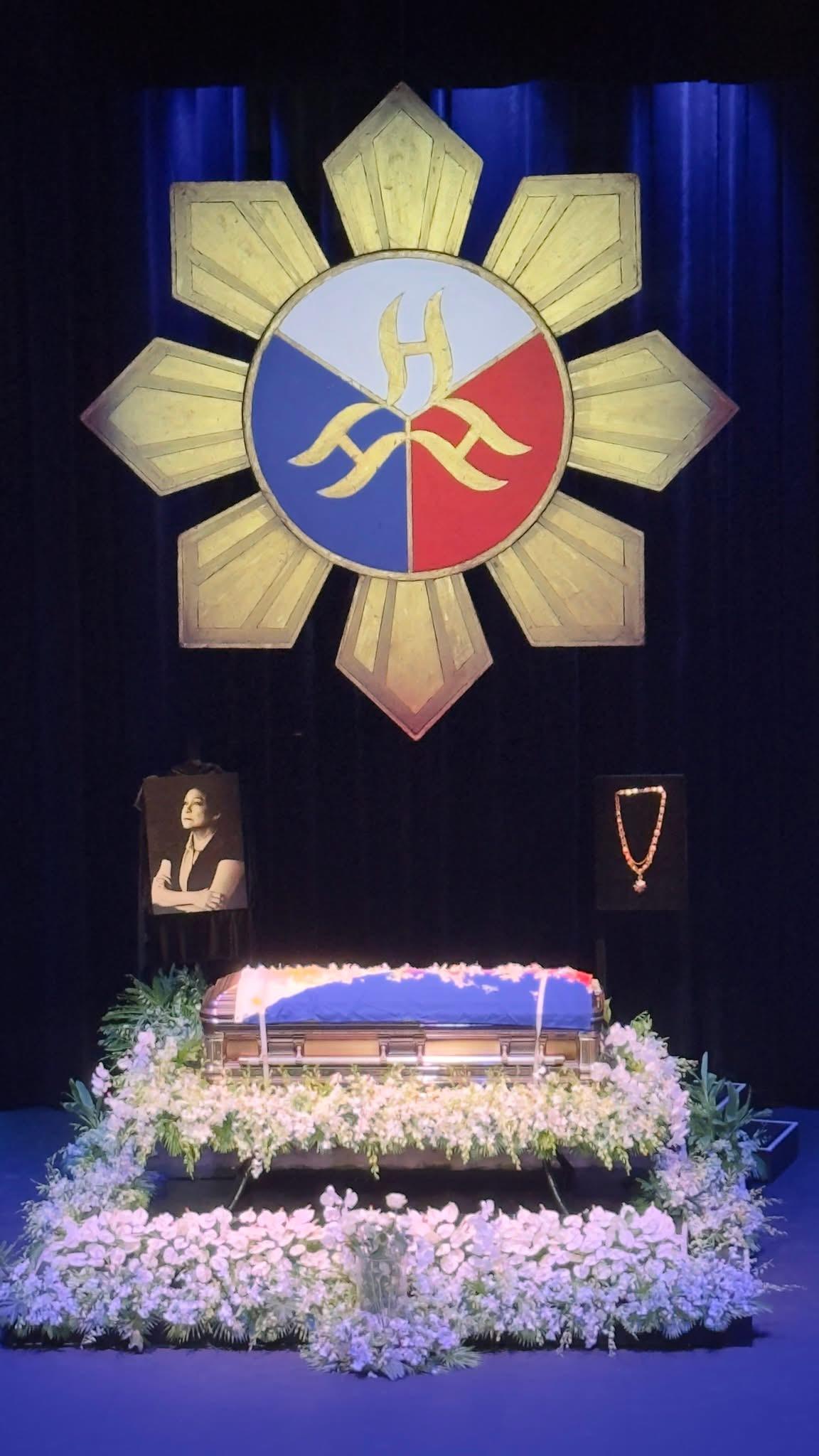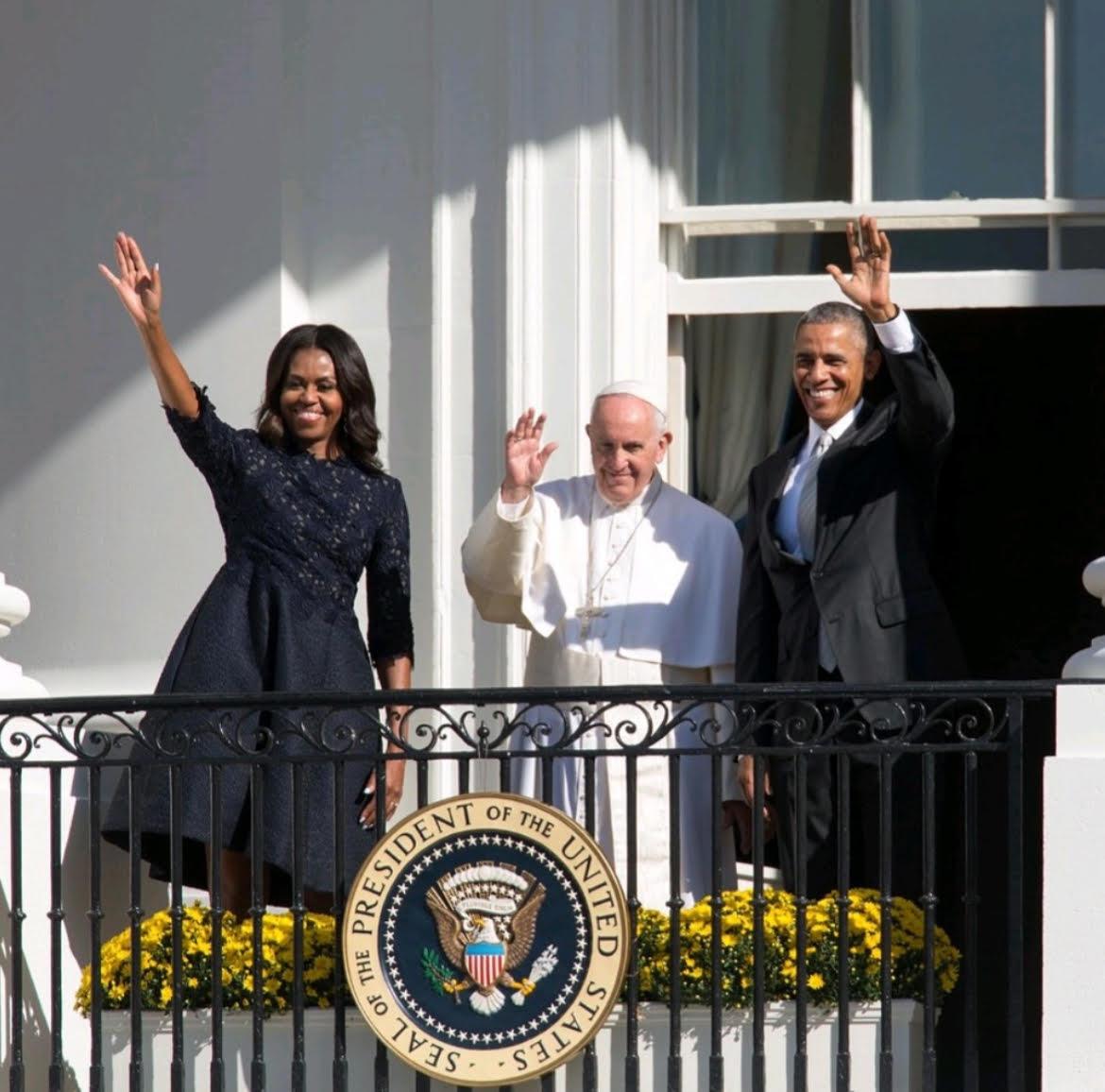IN one of his most remarkable songs, popular singer/songwriter Elton John said that sorry seems to be the hardest word.
This is true for most people. A sincere apology is the most effective solution to defuse personal tensions, even in resolving international problems.
Pressure mounts on the Philippine government to issue a formal apology over the botched Manila bus hostage crisis of August 2010, where 8 Hong Kong nationals were killed with 8 others injured after being held hostage by former police officer Rolando Mendoza, in front of the Quirino Grandstand in Manila.
Last week, the Hong Kong government imposed visa requirements on Filipino officials and diplomats. Chief Executive Leung Chun-ying said the privilege suspension (which will take effect on February 5) is due to the Philippines’ “unacceptable” failure to apologize for the hostage crisis.
The Hong Kong government, on behalf of the victims’ families, raised four demands. Of the four, three have already been appeased by the Philippine government: compensation, holding responsible officials accountable, and putting in place safety measures for tourists.
Leung said that the fourth demand — a formal apology — will bring a satisfactory conclusion to the Manila hostage-taking incident.
On the other hand, the Philippine government remains adamant in its position.
Earlier last year, President Benigno Aquino stood his ground for refusing to apologize. He said that the fault of one man should not be taken as the fault of an entire nation.
Foreign Affairs spokesperson Raul Hernandez said that the government will not make an apology, as it was made to understand that the victims and their families have accepted compensation and additional tokens of solidarity that the country has offered them.
“Our nation has already expressed its deepest regret and condolences over the incident and we are preparing to reiterate this,” Hernandez said, adding that the country remains “committed to manifest compassion for the victims and families.”
Deputy Presidential spokesperson Abigail Valte said the government accepted the sanction “as it is” refusing to give in to Hong Kong’s demand. She said that the government is willing to resolve the issue through dialogue instead.
Meanwhile, for the sake of overseas Filipino workers (OFW) in Hong Kong, Manila Mayor Joseph Estrada said he will offer an apology on behalf of the Philippine capital.
“I am negotiating on behalf of the more than 160,000 OFWs in Hong Kong and the city government. I’m worried not only for the Hong Kong nationals who visit our country but for the OFWs as well,” Estrada said.
Estrada already offered an apology in August last year following third anniversary the Manila hostage-taking incident. However, It was rejected by survivors and relatives of the victims, but found the Philippine government’s responses to their other requests satisfactory.
Wounds of the past continue to fester. Because of this, the bilateral relations between Hong Kong and the Philippines may become more frigid.
Hong Kong’s increased assertiveness, despite the Philippines’ request to delink the strategy from bilateral relations, may interfere with economic and trade transactions.
In order to move forward towards a peaceful future — one that is based on mutual respect and resolve — the Philippine government (through a formal apology) must respond to its shortcomings, especially in this case where human rights were violated.
The current tension threatening bilateral exchanges between these two nations is not likely to reach conclusion, unless a consensus is made and deemed agreeable by both parties.
(AJPress)
Back To Top




